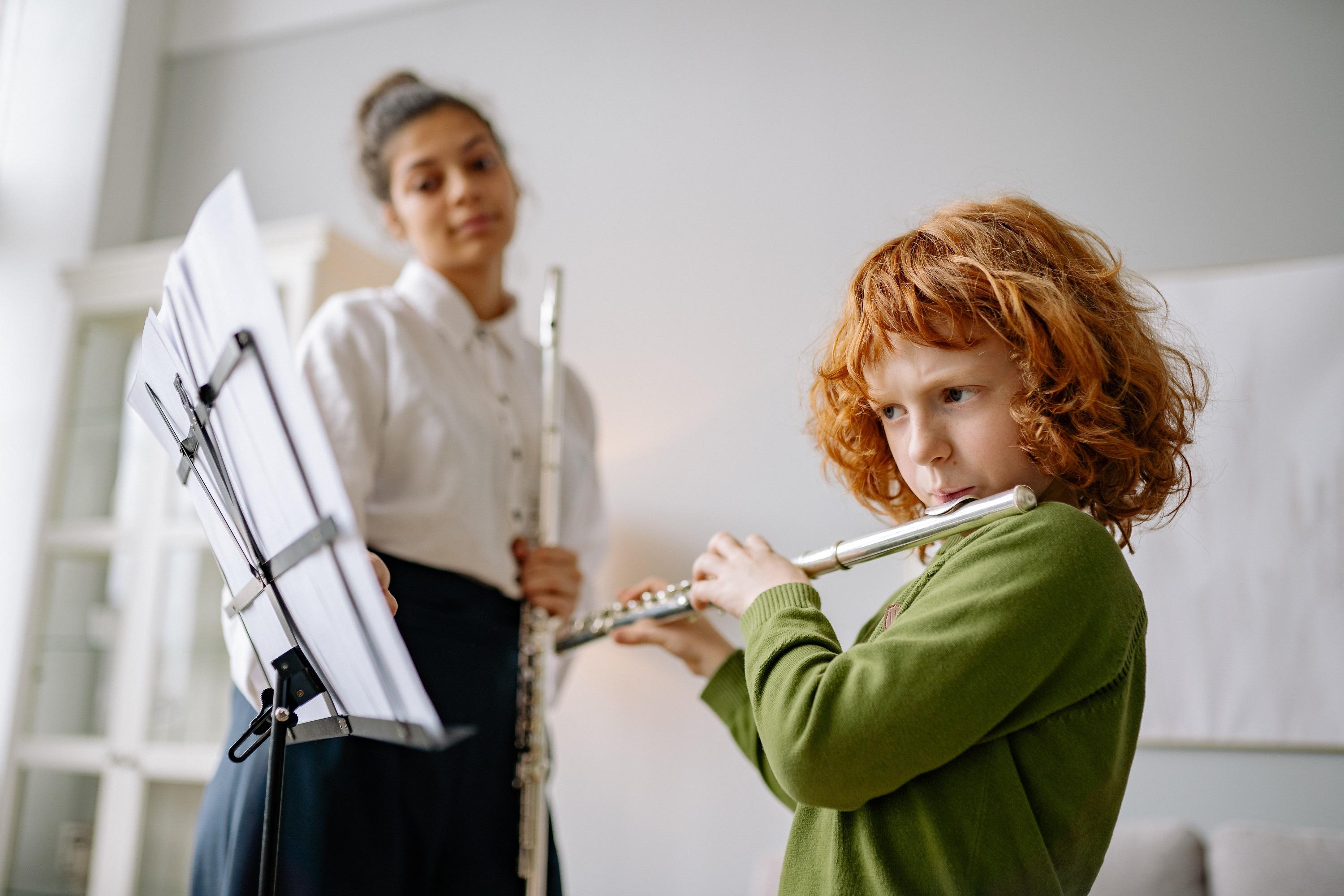


5 Benefits of Music for Children
31 January 2023
It’s well known that music has a profound impact on adults. It can soothe our souls, make us happy, and even motivate us to do better. But what about children? What benefits does music have for them? Turns out, the answer is a lot! Here are five of the biggest benefits of music for children.
Improved Academics
One of the best ways to help children prepare for success is to expose them to music. Children who study music tend to do better in school overall. One theory is that music helps develop critical thinking and problem-solving skills; another is that it improves memory and focus. In addition, music education can foster teamwork and social skills. Either way, it’s clear that if you want your child to excel academically, enrolling them in music lessons is a great idea. With so many benefits, it’s clear that music should be an integral part of every child’s education.
Enhanced Coordination
One of the most important benefits of music is enhanced coordination. Coordination is the ability to integrate different kinds of movement in order to achieve a goal, and it is an important skill for children to develop. Music can help children to improve their coordination by providing a rhythmic structure that they can move their bodies to. This can help them to develop a better sense of timing and rhythm, which can transfer to other areas of their lives.
Fostered Creativity
Music is all about creativity, so it’s no surprise that children who study music tend to be more creative overall. One of the most important benefits of music is that it encourages self-expression. Through music, children can explore their emotions and express themselves in a safe and supportive environment. Children who study music learn to think creatively and solve problems in innovative ways. If you want your child to think outside the box, encourage them to study music.
Better Behaviour
Children who study music have also been shown to have better social skills and behaviour. One theory is that music helps children develop self-discipline and self-control. Another is that it provides a positive outlet for emotions, helping to reduce aggression and antisocial behaviour. Whatever the reason, it’s clear that music can help children grow into well-rounded, well-behaved adults. So if you're struggling to get your little ones to behave, try putting on some music and see if it makes a difference.
Greater Confidence
Finally, music can also help children feel more confident about themselves. Learning to play an instrument or sing well can give children a sense of pride and accomplishment. It can also help them feel more connected to their peers and the larger world. When children feel good about themselves, they're more likely to take risks and try new things. Performing in front of an audience, even a small one, can be a great way to build confidence. And just the act of mastering a skill can give children a sense of accomplishment and pride.
As you can see, there are plenty of good reasons to encourage your child to study music. From boosting brain power to improving physical health, music provides a host of benefits for children of all ages. So if you’re looking for a way to give your child a leg up, look no further than music.
